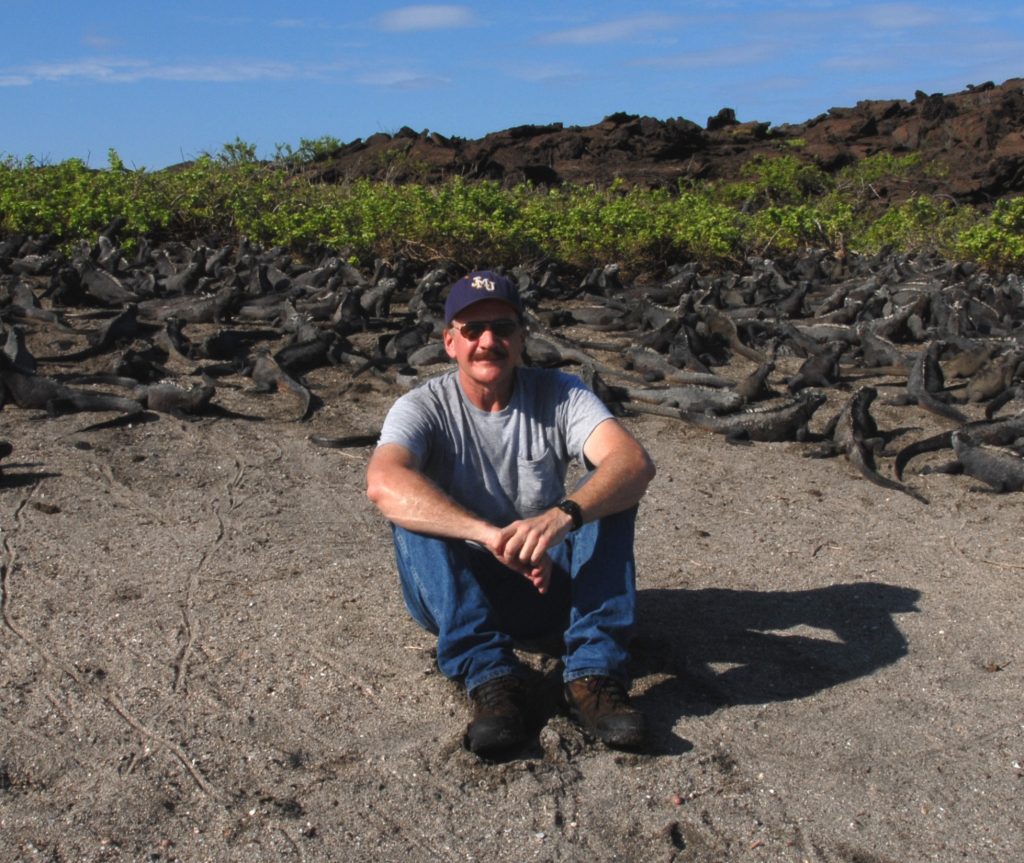
Conley McMullen, professor of biology at James Madison University, will present a Suter Science Seminar at Eastern Mennonite University Wednesday, Feb. 28, at 4 p.m.
McMullen, an EMU alumnus, will describe studies on the reproduction and conservation of Boechera serotina, the endangered shale barren rock cress. The seminar in Science Center Room 104 is free and open to the public.
Boechera serotina (Brassicaceae) is a federally endangered species restricted to Devonian shale barrens and adjacent shale slope woodlands in West Virginia and Virginia. Ongoing studies at the Little Fork Shale Barren in Pendleton County, West Virginia, are documenting the development stages of this species via a combination of time-lapse photography and direct observations. The research also includes pollination studies, flower visitor observations, nectar sampling and the potential effect of herbivory on this species.
McMullen received his undergraduate degree from Eastern Mennonite College, a master’s degree from James Madison University, and his PhD from the University of Maryland. At JMU, he teaches several plant courses, is director of the herbarium, and serves on the E.J. Carrier Arboretum Advisory Board. His research focuses on the eastern U.S. and the Galápagos Islands (floristics, systematics, pollination biology).
Read more about Conley McMullen and his education at EMU.
Among many other awards, he was recently honored with the Elizabeth Ann Bartholomew Award by the Southern Appalachian Botanical Society in 2017; with the JMU Alumni Association Distinguished Faculty Award in 2016; and with the Provost Award for Excellence in Research and Scholarship in 2015.
He has served on the Flora Advisory Board for the Flora of Virginia Project, and for many years has been a group leader at the West Virginia Wildflower Pilgrimage. He is past president of the Virginia Academy of Science, as well as the Southern Appalachian Botanical Society.
Additionally, he is a member of the Science Advisory Board of Galápagos Conservancy and an elected fellow of the Linnean Society of London.
This is the second of five Suter Science Seminars this spring, which are made possible by the sponsorship of the Daniel B. Suter Endowment in Biology and the co-sponsorship of supporting programs.
The next seminar takes place on March 14 and features Virginia Tech professor Amanda Morris on barriers to solar energy adoption.
